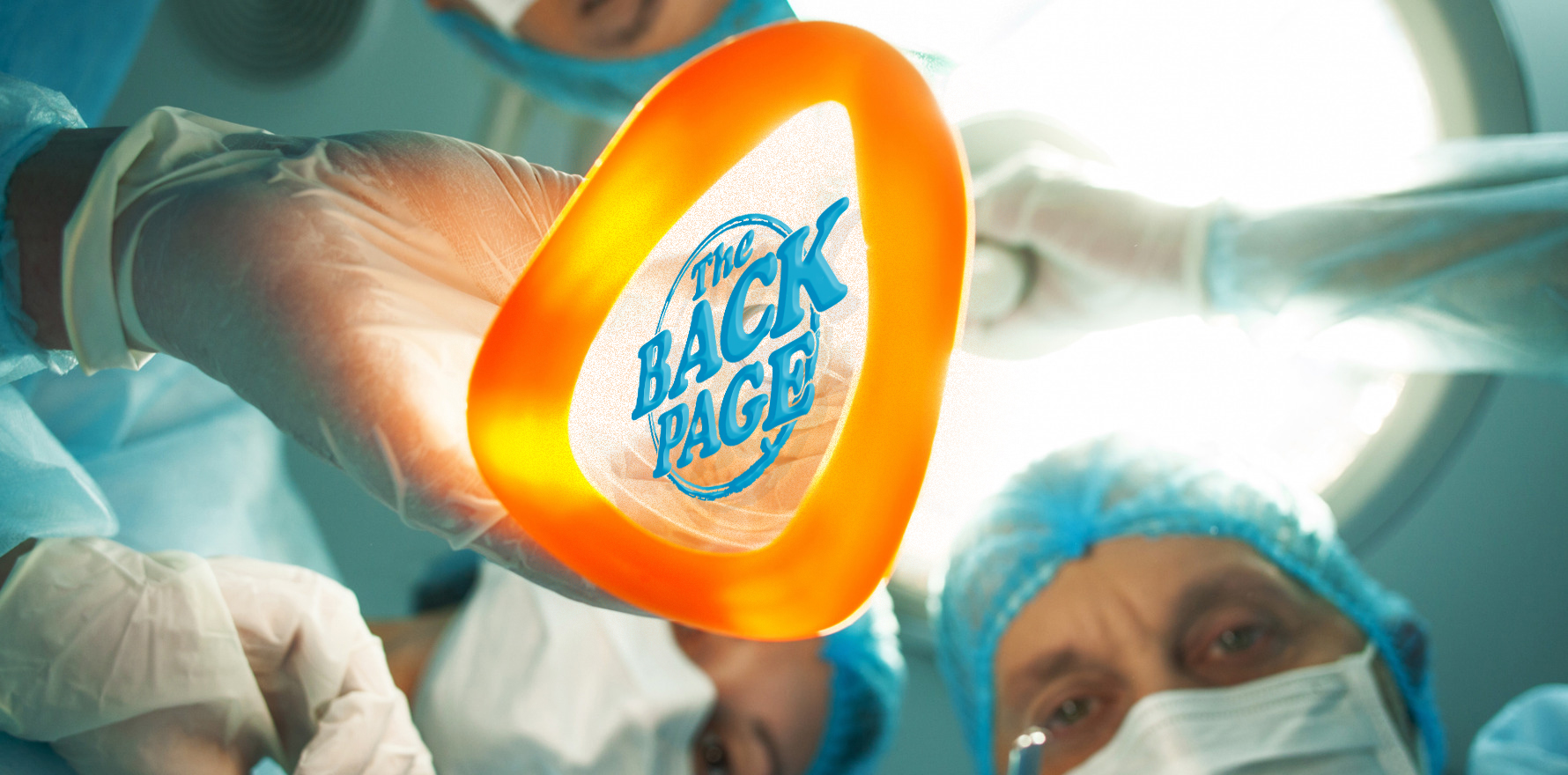No, it’s not receiving a leaky, smelly, thoroughly dodgy test tube in the mail. Well, it’s not just that.
Just when you thought there couldn’t be anything else said about weight-loss medications like Ozempic and Wegovy, up pops your Tuesday scribbler with a new tidbit.
In the wake of last night’s Four Corners episode – triggered, no doubt, by the reporting done by the TMR team frankly weeks, if not months, ago – interest in glucagon-like peptide-1 receptor agonists (GLP-1RAs) could not be any more frenzied.
Let’s face it, if Oprah’s doing it, it’s a fair bet something’s reaching its peak of popularity. All we need now is for the Princess of Wales or bloody D Trump to give them the blue tick of authenticity and we’ll be swimming in the stuff.
But now there comes a word of caution to add to the growing pile of possible downsides.
New research out of the revered Cedars-Sinai Medical Center in the US has found that taking GLP-1RAs may mess with the risks associated with developing aspiration pneumonia following endoscopy.
The large, population-based study is published in the leading peer-reviewed journal Gastroenterology.
One way the new obesity medications work is by slowing digestion, so people feel full longer, causing them to eat less. This also means that food sits in the stomach longer. As a result, the stomach may not empty completely during the usual duration of fasting that is recommended ahead of a surgical procedure to decrease risk of aspiration.
The study analysed data from nearly one million de-identified US patients who underwent upper or lower endoscopy procedures between January 2018 and December 2020. Patients who were prescribed GLP-1RA medications had a 33% higher chance of experiencing aspiration pneumonia than those who did not take these medications before the procedure.
This comparison also considered other variables that could influence the outcome to ensure a fair comparison between the two groups.
“Aspiration during or after endoscopy can be devastating,” said the study’s corresponding author Dr Ali Rezaie.
“If significant, it can lead to respiratory failure, ICU admission and even death. Even mild cases may require close monitoring, respiratory support and medications including antibiotics. It is important we take all possible precautions to prevent aspiration from occurring.
“When we apply this risk to the more than 20 million endoscopies that are performed in the US each year, there may actually be a large number of cases where aspiration could be avoided if the patient safely stops their GLP-1RA medication in advance.”
“The results of this study could change clinical practice,” said Yee Hui Yeo, MD, first author of the study and a clinical fellow in the Karsh Division of Gastroenterology and Hepatology at Cedars-Sinai. “Patients taking these medications who are scheduled to undergo a procedure should communicate with their healthcare team well in advance to avoid unnecessary and unwanted complications.”
Looks like it’s not just anticoagulants that are going to need to be ceased before surgery. It will be interesting to see future research targeting other kinds of surgeries.
Send your little red vials of story ideas to cate@medicalrepublic.com.au.


